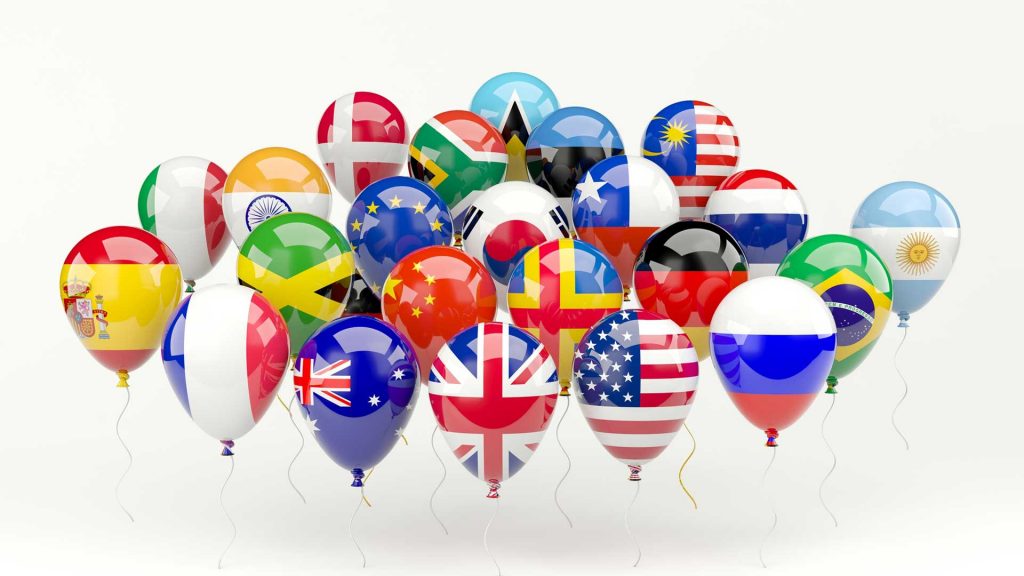Make Sure Your Translation Is Certified
When a translator has finalized translating your original documents, it’s time to have them certified by a professional translator or company. In the process, the company or the translator attests that the translated documents are correct and the rendered document is the same as the original document.
Translated documents are crucial for legal documentation in immigration, company incorporations, bank and finance statements, marriage certificates, divorce decrees, and personal identification documents such as the birth certificates.
A translated document in itself is not reliable; it needs certification to read as accurate. There are several instances when an organization may request some of your documents in its country’s operating language for efficient processing. An uncertified translated document, in this case, could contain errors or read incorrectly from the original reports thus slowing down the processing.
Below are some instances when you should get your translated document certified to prevent delays in legal documentation processes.
5 Situations that Need Certified Translated Documents
Legal Cases
International cases require that if a hearing takes place in a different court than the one where the facts first appeared, the events need translation into the court’s language. Though requirements vary with countries, the court may not accept an uncertified translated document.
Business Incorporations
The language barrier can slightly hinder business operations around the world. Translating contracts of business operations in all languages make a business establishment a natural process for all on board.
Immigration
When moving countries, you’ll need certified translated documents of your birth certifications, citizenship, criminal record, and medical history, in summary. That would quicken the processing time and help you get an acceptance or a rejection quicker.
Overseas School Application
Colleges and universities in the US, UK, and Europe have strict admission rules requiring applicants to translate and certify their education history in the school’s operating language.
If you’re applying and not getting responses, chances are that your education history is in a different language or you’re sharing uncertified translations. That would be an immediate cause for elimination.
Obtaining Licenses and Certifications
Many commercial and public operations require certifications of some kind. While some organizations may only require a proof of met safety standards, others need a chronology of events and your history leading up to that point.
If you’re from a country with a different language and you require public or commercial certification, you’ll need to have it translated and certified for quicker document processing. A certified document will save an organization’s time and increase its document processing efficiency.
Conclusion
In most cases, the organization you’re dealing with may state that it needs certified translated documents. In such a case, you need to have the translated texts approved right away.
Other instances may not request for this, but instead, have an additional fee for this service which can take more processing time. Having your translated documents certified will, in the end, save you time and money when it becomes necessary to use them.

